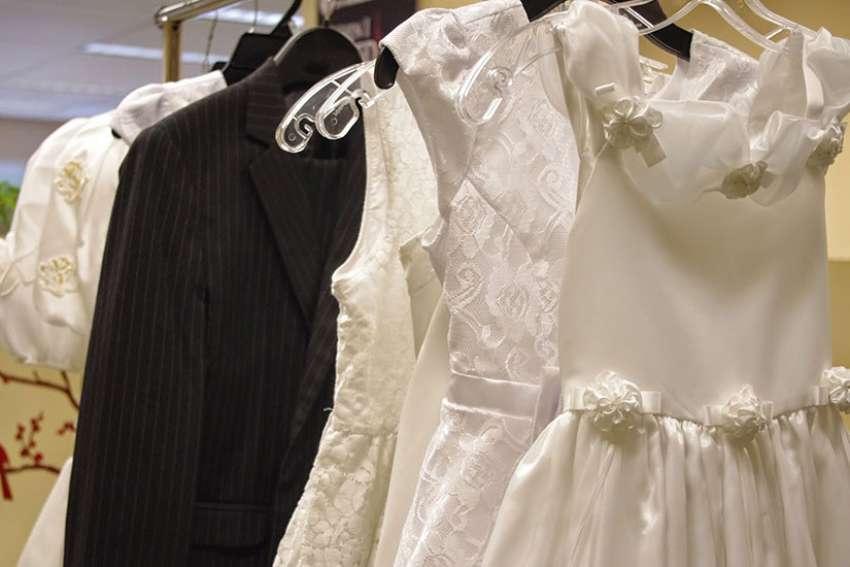It was in recession from 2008-2009 and 2011-2013, and unemployment in the country is at about 19 per cent, with unemployment rates twice as high for people under the age of 25, forcing younger generations to leave the country to find work.
Unfinished apartment complexes and houses stand out in the sun, sustaining years of wear and tear, a reminder of the burst property bubble at the centre of the crisis.
Spaniards are cutting back on expenses everywhere, including opting for smaller, civil wedding ceremonies and celebrations rather than large church weddings, which are down 50 per cent since the crisis began.
But there is one thing for which Spaniards are still willing to splurge: First Communion parties.
In a recent episode, economic podcast Marketplace explored the phenomenon of the lavish parties celebrating youngsters' First Holy Communions, which have not declined in extravagance despite the hard times in the majority-Catholic country.
According to a 2014 study reported on by Marketplace, First Communion parties are a multimillion dollar business, with families spending almost 600 million euros (or about $640 million dollars) on these celebrations that year. Many individual families end up spending several thousand dollars on a First Communion party.
Parties include fancy, wedding-like dresses for girls, cake, food, photoshoots, and entertainment. Sometimes families will even borrow money or take out a loan in order to “have the communion that God demands,” Francesc Nuñez, sociologist at Universitat Oberta de Catalunya, told Marketplace.
It’s a distinctly religious phenomenon too, he noted, as there is no secular “proxy” for a First Communion party, as there are for events like wedding ceremonies. Despite waning numbers of active churchgoers, approximately 70 per cent of Spaniards still self-identify as Catholic.
May is “First Communion season” for many countries in the Church, including Spain, where restaurant owners and other related businesses can expect an uptick in revenue around that time.
Infanta Sofía of Spain, 10, who is currently second in the line of succession to the nation's throne, received her first Communion this week at Asunción de Nuestra Señora parish in Madrid.


